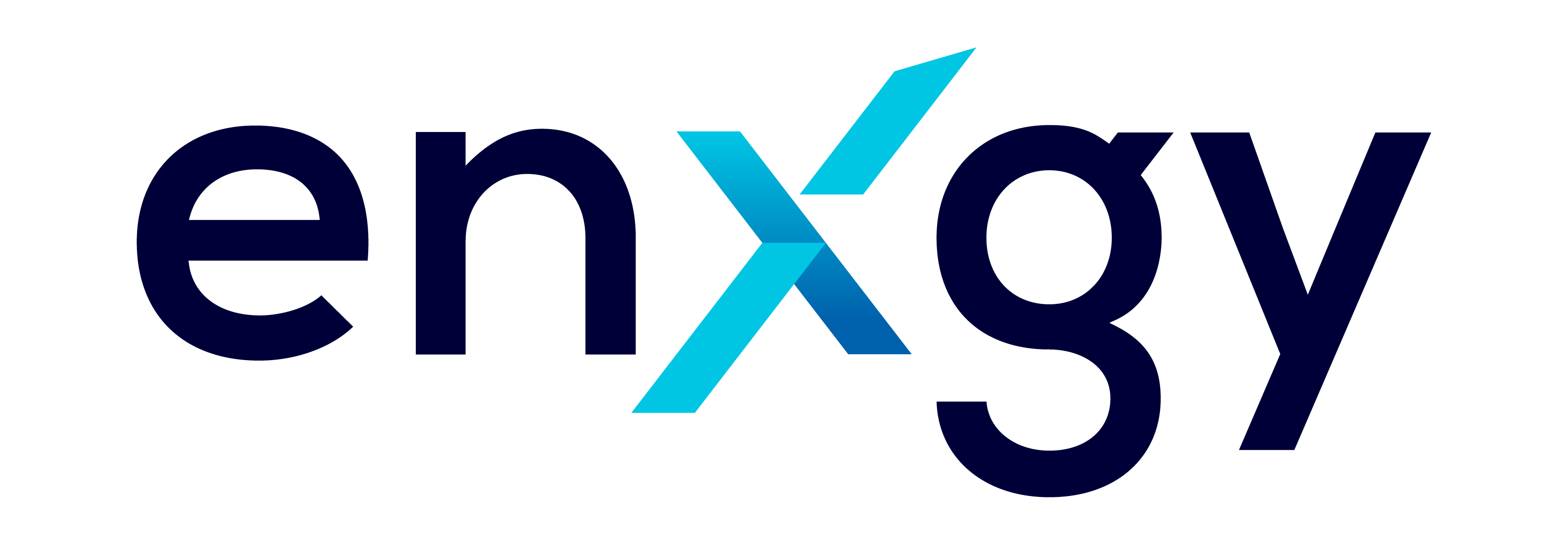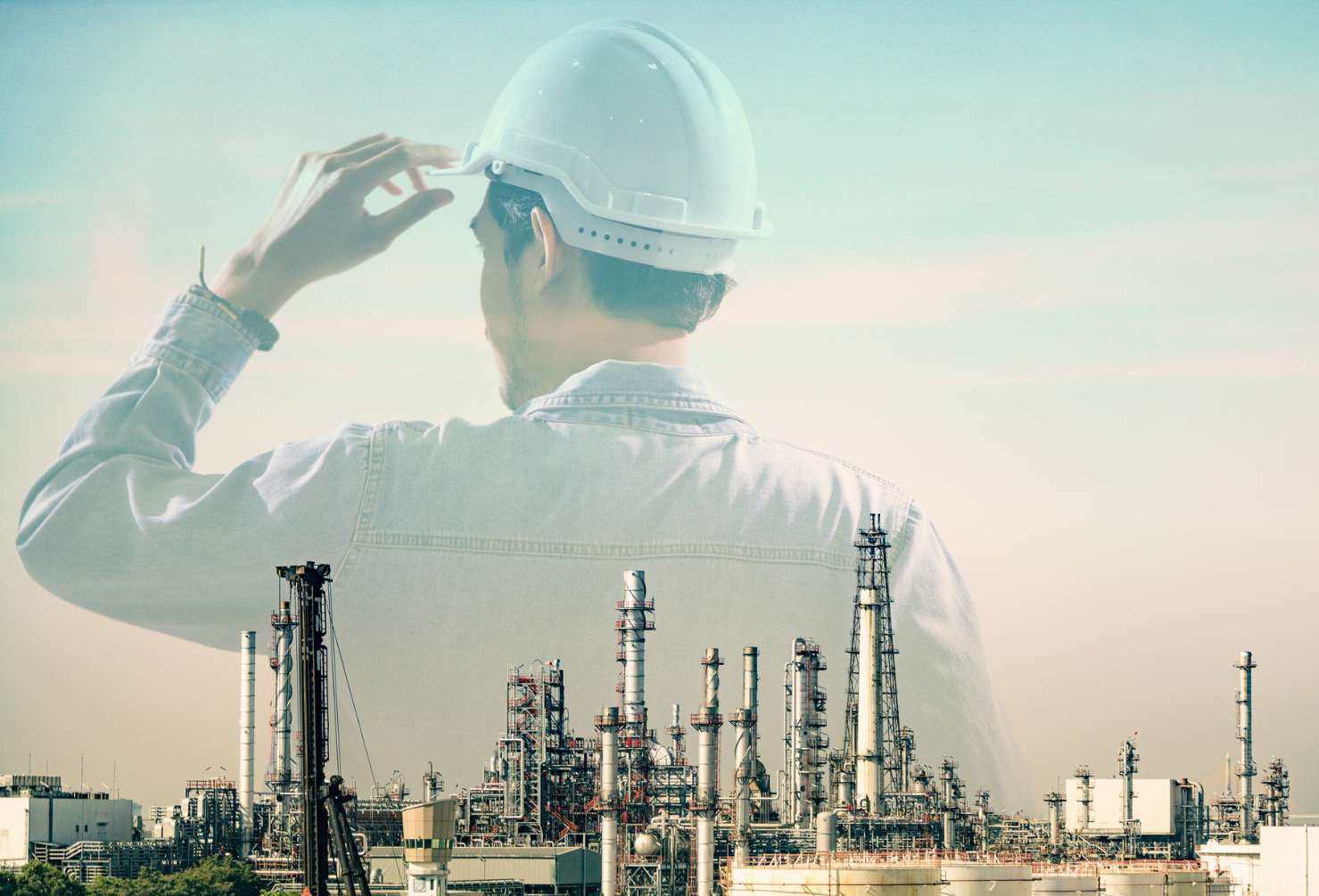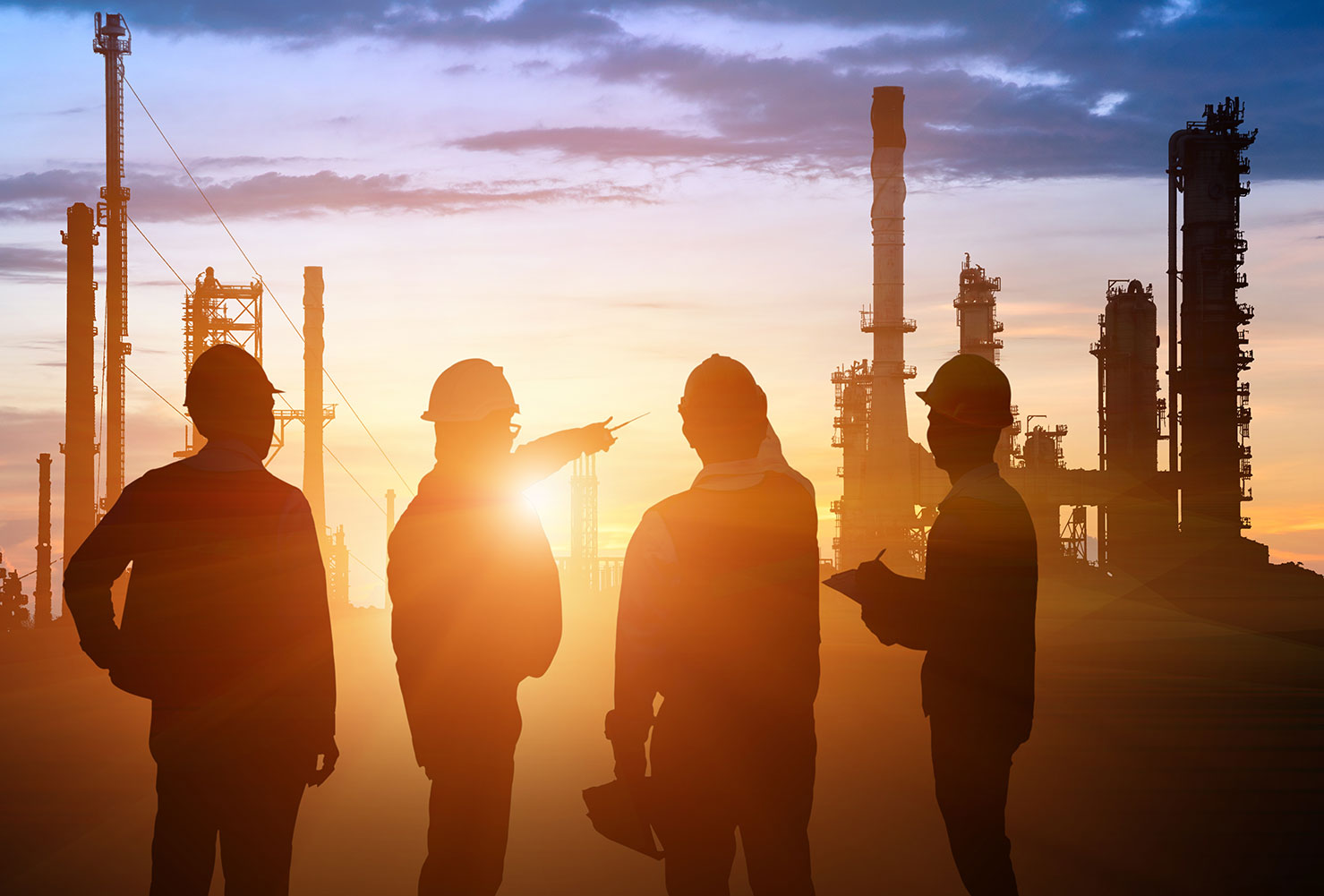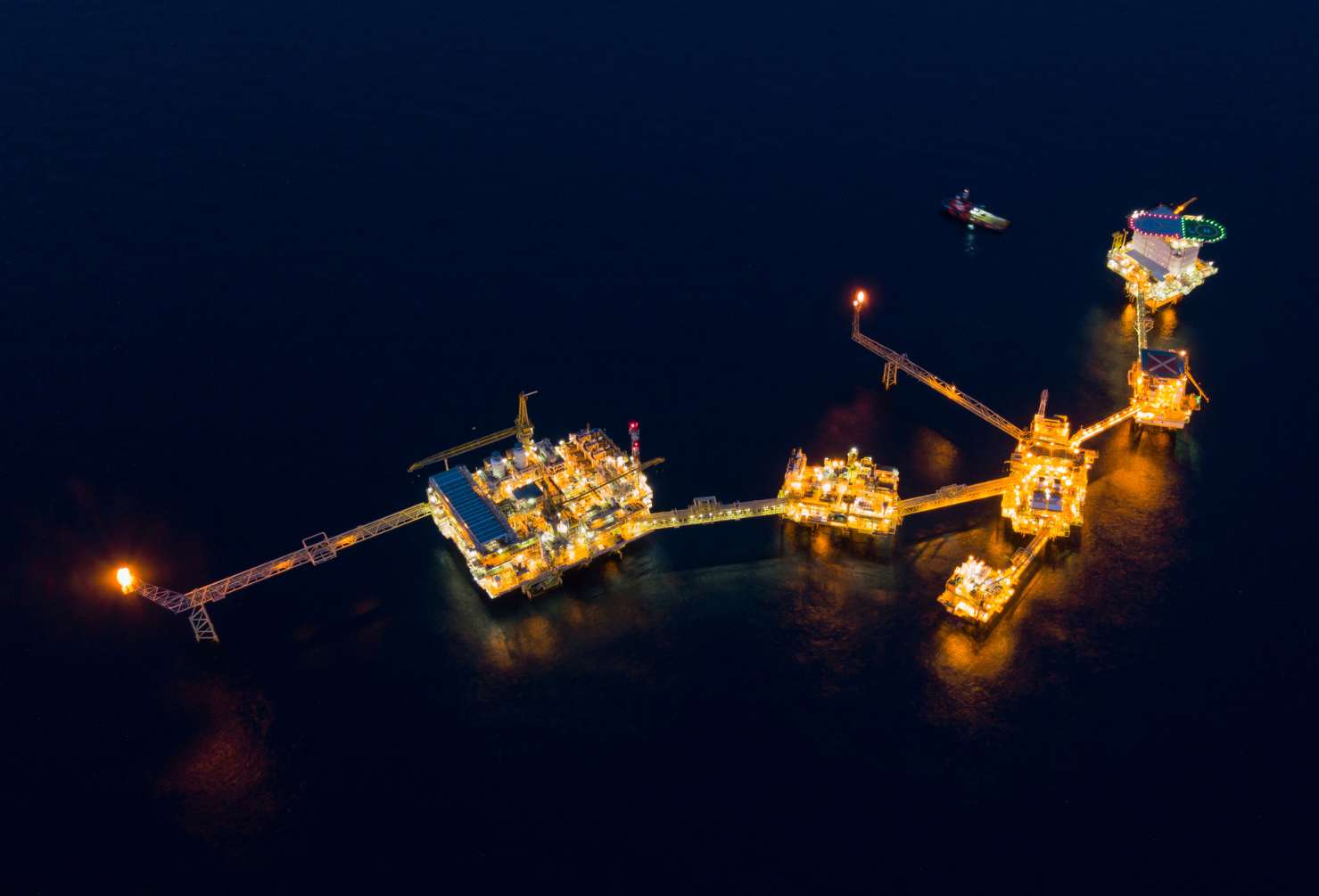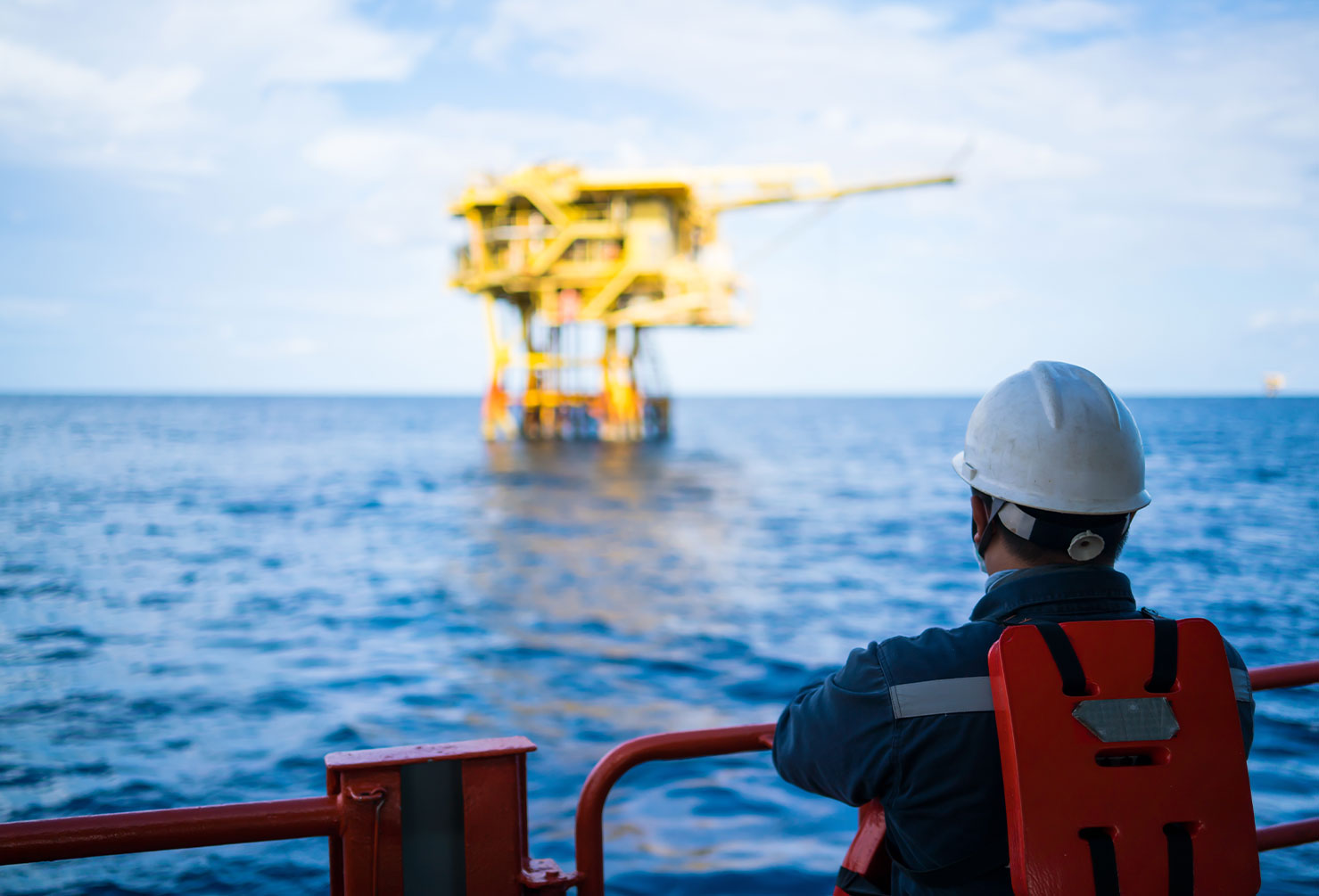
Working in the oil and gas industry in Australia often involves assignments in remote or offshore locations, where engineers and technical staff face unique challenges in balancing their careers with personal and family life. The nature of these jobs requires long periods away from home, physically demanding work environments, and a need to adapt to a rotational schedule. However, with careful planning and the right strategies, it is possible to find a balance that allows for career growth while maintaining a healthy and fulfilling lifestyle. This blog explores how oil and gas engineers in Australia can effectively manage the demands of remote and offshore work to achieve a sustainable work-life balance.
Understanding the Demands of Remote and Offshore Work
Remote and offshore work in the oil and gas industry presents several unique challenges:
1. Extended Rotational Schedules
Engineers working on offshore rigs or in remote locations often follow rotational schedules, such as “two weeks on, two weeks off,” or “four weeks on, four weeks off.” While this schedule allows for extended time off, it also means spending long periods away from home and loved ones. Adapting to these rotations can be physically and emotionally demanding, particularly for those with family responsibilities or social commitments.
2. Challenging Work Environments
Remote and offshore sites can be harsh environments, with extreme weather conditions, isolation, and limited access to amenities. Engineers must be prepared to work long hours in challenging conditions, which can lead to physical fatigue and mental stress. The lack of regular social interaction and the need to adapt to a confined living space can also affect mental well-being.
3. Health and Safety Considerations
Health and safety are paramount in remote and offshore work. The risk of accidents, exposure to hazardous materials, and the potential for medical emergencies in isolated locations require engineers to be vigilant and proactive in maintaining their health and safety. Regular medical checks, safety training, and adherence to safety protocols are essential to managing these risks.
4. Limited Access to Amenities and Services
Remote and offshore work often means limited access to amenities and services, such as healthcare, recreational facilities, and communication networks. This can affect an engineer’s ability to maintain a healthy lifestyle, stay connected with family and friends, and access support services when needed.
Strategies for Balancing Career and Lifestyle in Remote and Offshore Work
Despite the challenges, there are several strategies that oil and gas engineers in Australia can adopt to balance their careers with their personal lives effectively:
1. Embrace the Rotational Lifestyle
Understanding and embracing the rotational lifestyle is crucial for achieving a work-life balance. While long periods away from home can be challenging, the extended time off can provide opportunities for rest, relaxation, and quality time with family and friends. To make the most of this time:
- Plan Your Time Off: Use your time off to engage in activities that you enjoy and that help you recharge. Whether it’s spending time with family, pursuing hobbies, or taking a short holiday, planning your time off can help you make the most of your breaks and maintain a sense of balance.
- Stay Connected with Loved Ones: Maintaining strong connections with family and friends is vital for emotional well-being. Use technology, such as video calls, social media, and messaging apps, to stay in touch regularly. Sharing experiences and staying connected can help bridge the gap during extended periods away from home.
- Create a Routine: Establishing a routine during your time on-site can help you adapt to the rotational lifestyle. Include regular exercise, healthy meals, and sufficient sleep in your routine to maintain physical and mental well-being. A structured routine can also provide a sense of normalcy and stability in a remote work environment.
2. Focus on Health and Well-being
Maintaining your physical and mental health is essential when working in remote and offshore locations. Engineers should adopt proactive strategies to manage stress and stay healthy:
- Prioritise Physical Fitness: Staying physically fit is crucial in remote and offshore work environments, where physical demands can be high. Many offshore rigs and remote sites have gym facilities or exercise areas. Make use of these facilities to maintain your fitness and manage stress. Simple activities like walking, running, or bodyweight exercises can also be effective.
- Practice Mindfulness and Stress Management: Working in isolation or in a high-pressure environment can be mentally taxing. Mindfulness techniques, such as meditation, deep breathing exercises, or yoga, can help manage stress and improve mental well-being. Consider using mindfulness apps or online resources to integrate these practices into your routine.
- Access Support Services: Many companies offer employee assistance programs (EAPs) that provide access to counselling and mental health support. If you’re feeling overwhelmed, don’t hesitate to seek help from these services. Additionally, stay informed about any wellness programs or initiatives your employer may offer to support your health and well-being.
3. Enhance Your Remote Communication Skills
Effective communication is critical in remote and offshore work environments. Engineers need to stay connected with both their on-site teams and office-based colleagues:
- Use Technology Effectively: Leverage communication tools like Zoom, Microsoft Teams, or Slack to stay in touch with colleagues and supervisors. Regular check-ins and meetings can help keep you updated on project developments and maintain a sense of team cohesion.
- Be Clear and Concise: Given the potential for communication barriers, especially in remote locations with limited connectivity, it’s essential to communicate clearly and concisely. Ensure that your messages are straightforward and that you confirm understanding to avoid miscommunication.
- Maintain Professional Relationships: Build strong professional relationships with your on-site team and remote colleagues. Collaborative relationships foster trust and teamwork, which are crucial for successful project execution and a positive work environment.
4. Leverage Professional Development Opportunities
Remote and offshore work provides unique opportunities for professional growth and development. Engineers can use their time on-site to build skills and gain valuable experience:
- Participate in Training and Development Programs: Many oil and gas companies offer on-site training programs, safety courses, and technical workshops to enhance employees’ skills. Take advantage of these opportunities to broaden your expertise and stay competitive in the industry.
- Seek Mentorship and Coaching: Building a network of mentors and peers who can provide guidance and support is invaluable. Mentorship can help you navigate career challenges, develop new skills, and advance professionally. Consider seeking mentorship from experienced colleagues or joining professional associations like Engineers Australia or the Society of Petroleum Engineers (SPE) to access mentoring programs.
- Document Your Experience and Achievements: Working in remote and offshore locations often involves unique challenges and learning opportunities. Keep a record of your experiences, projects, and achievements to demonstrate your skills and value to potential employers. This documentation can be invaluable for career progression and when applying for new roles.
5. Advocate for a Supportive Work Environment
A supportive work environment is crucial for achieving work-life balance in remote and offshore roles. Engineers should advocate for policies and practices that support their well-being:
- Promote Work-Life Balance Initiatives: Encourage your employer to implement work-life balance initiatives, such as flexible work arrangements, extended leave policies, or wellness programs. A supportive company culture that values employee well-being can significantly enhance job satisfaction and retention.
- Foster a Positive Work Culture: Contribute to a positive work culture by supporting your colleagues, encouraging teamwork, and promoting a healthy work environment. A positive culture can reduce stress, increase job satisfaction, and create a more cohesive and supportive team.
- Communicate Your Needs: If you’re struggling with the demands of remote or offshore work, communicate your needs to your supervisor or HR department. Open communication about your challenges and needs can help identify solutions and support mechanisms that enhance your work-life balance.
6. Plan for Long-Term Career Goals
While remote and offshore work can be demanding, it also offers unique career development opportunities. Engineers should plan their long-term career goals and use their remote work experience as a stepping stone:
- Identify Career Milestones: Set clear career milestones and identify the skills and experience you need to achieve them. Use your time in remote and offshore roles to gain the necessary experience and demonstrate your capabilities in challenging environments.
- Consider Career Transitions: If remote or offshore work becomes too challenging for your lifestyle or family commitments, consider transitioning to office-based roles or roles in related sectors, such as renewable energy. Skills developed in remote and offshore environments, such as problem-solving, adaptability, and project management, are highly transferable to other areas of the industry.
- Stay Connected with Industry Networks: Maintain connections with industry networks, professional associations, and colleagues. Staying connected with the broader industry can help you stay informed about new opportunities, industry trends, and potential career paths.
Balancing career and lifestyle as an oil and gas engineer working in remote or offshore locations in Australia requires a proactive and strategic approach. By embracing the rotational lifestyle, focusing on health and well-being, enhancing communication skills, leveraging professional development opportunities, advocating for supportive work environments, and planning for long-term career goals, engineers can achieve a sustainable work-life balance. With the right strategies and mindset, remote and offshore work can offer unique opportunities for career growth, personal development, and a fulfilling lifestyle in Australia’s vibrant oil and gas industry.
